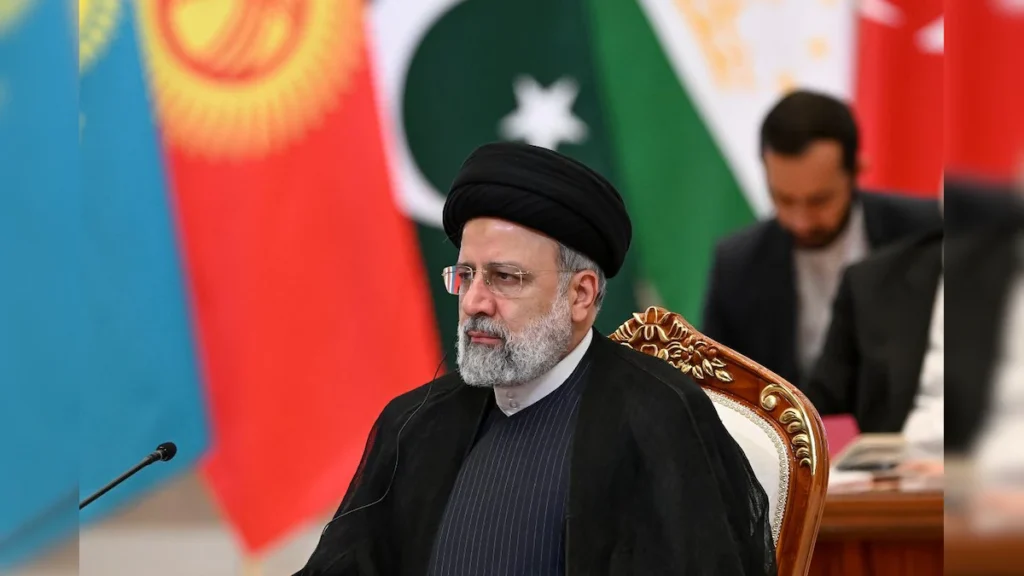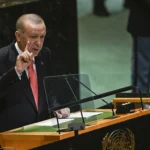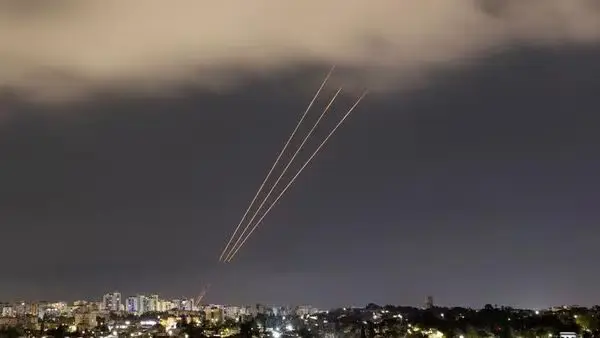Iran-Israel War: According to three people with direct knowledge, Secretary of State Antony Blinken has informed the G7 foreign ministers that Iran and Hezbollah may launch an attack on Israel as early as Monday. This warning comes in the wake of the recent murders of Hezbollah military commander Fuad Shukr in Beirut and Hamas political leader Ismail Haniyeh in Tehran. Blinken’s call was intended to work with American allies and apply diplomatic pressure in order to lessen the possibility of Hezbollah and Iran launching reprisal strikes.

Israel Iran War: Diplomatic and Defensive Measures

Blinken emphasized that preventing a full-scale conflict requires reducing the impact of these planned attacks. Although the precise time of the reprisal is unknown, he said it might begin in the next 24 to 48 hours. Although Blinken made it clear that this reinforcement is solely defensive, the United States is increasing its defensive forces in the area. He asked the foreign ministers of the G7 to put diplomatic pressure on Israel, Hezbollah, and Iran to exercise the utmost caution.
Israel Regional Preparations

Israeli Prime Minister Benjamin Netanyahu convened a meeting with Defense Minister Yoav Gallant and military and intelligence leaders on Sunday night. Netanyahu emphasized, “Iran and its minions are looking to surround us in a stranglehold of terrorism. We are determined to stand against them on every front and in every arena — near and far. Whoever seeks to harm us will pay a very heavy price.” The Israeli government is preparing for possible attacks and has strengthened its defense mechanisms accordinglY.
The chief of U.S. Central Command, General Michael Kurilla, is expected in Israel on Monday to complete defense preparations with the Israeli Defense Forces, just one day earlier. The importance of integrated defense operations and the elevated degree of readiness are highlighted by his visit.
Israel Iran War: Regional and International Reactions
Ayman Safadi, the foreign minister of Jordan, made his first visit to Tehran in almost ten years on Sunday in reaction to the worsening circumstances. During their meeting, Safadi expressed worries about regional escalation to acting Iranian Foreign Minister Ali Bagheri.

Jordan has permitted Israeli and American fighter jets to use its airspace for interceptions and has stopped Iranian drones during a prior strike. “I didn’t come here to transmit a message from Israel or to receive a message for Israel,” declared Safadi. I came to voice my concerns over the increase in the region.
Following Israel’s recent strikes against prominent members of Hezbollah and Hamas, tensions have increased. The United States is attempting to stop a recurrence of the attack that occurred on April 13 when Iran sent around 350 drones and missiles against Israel, most of which were intercepted by Israeli and American forces. In order to avoid a similar escalation and lessen the likelihood of a wider conflict, diplomatic and defensive preparations are currently in place.











